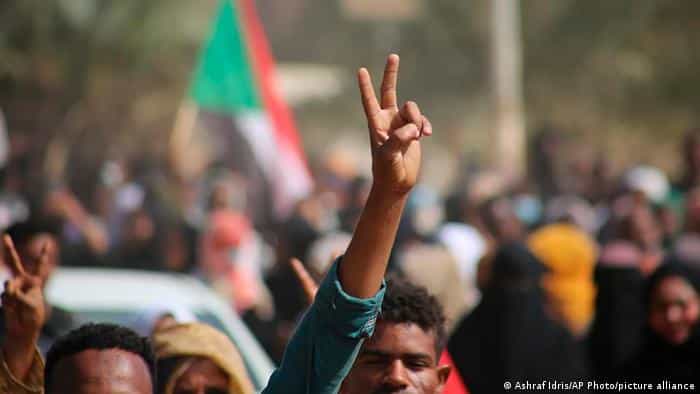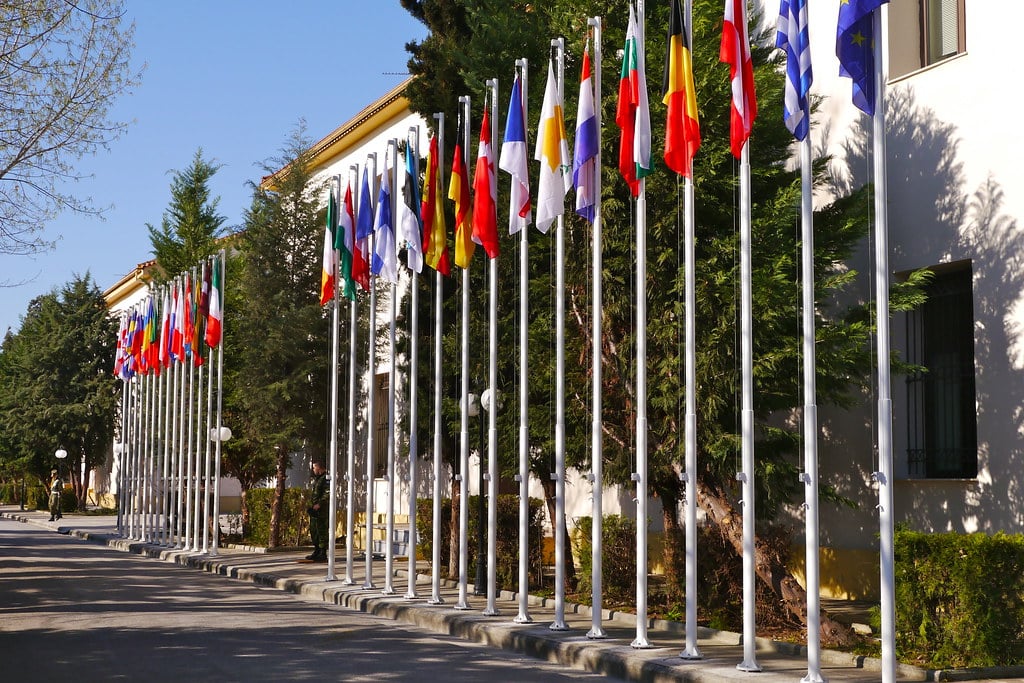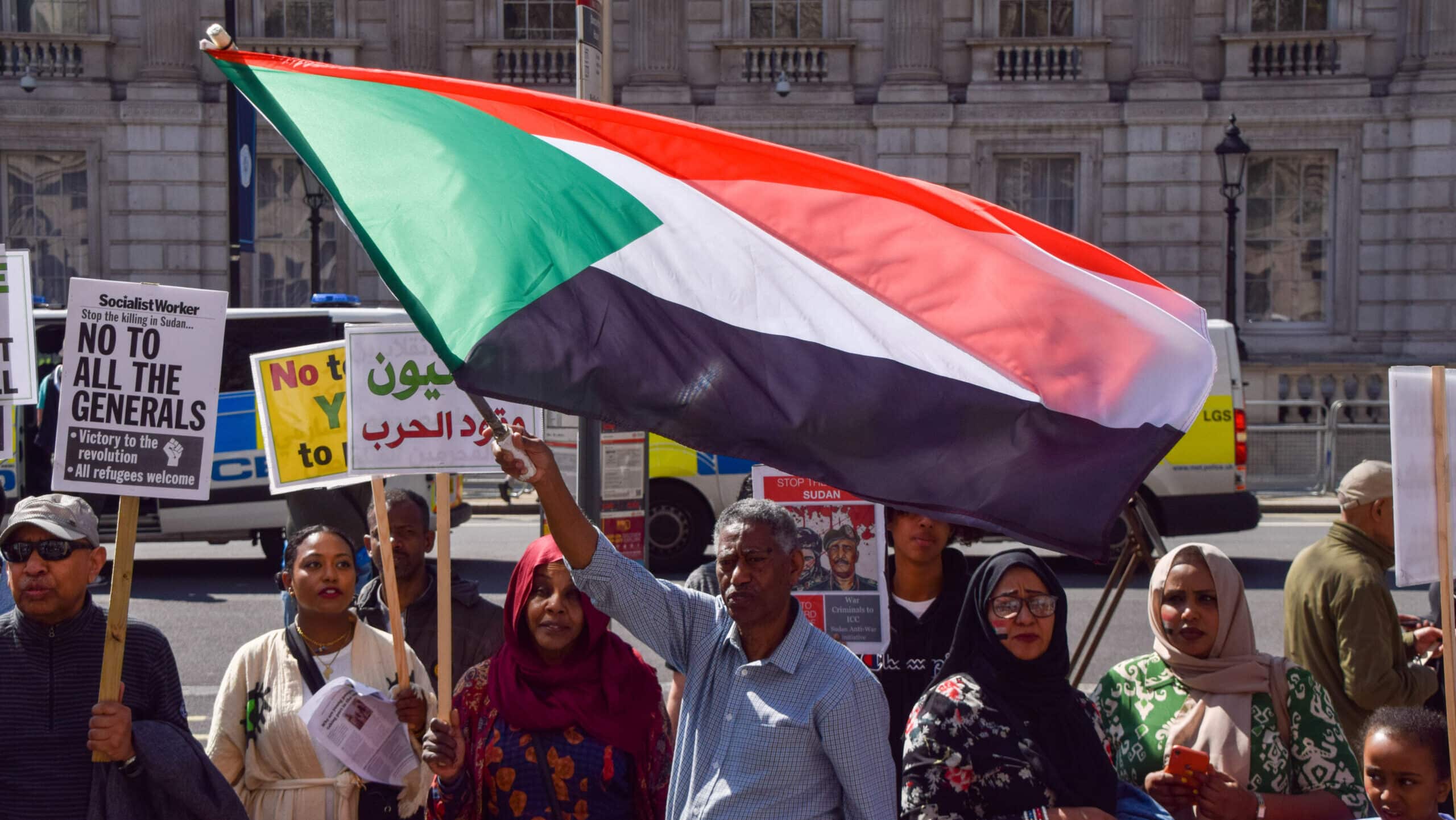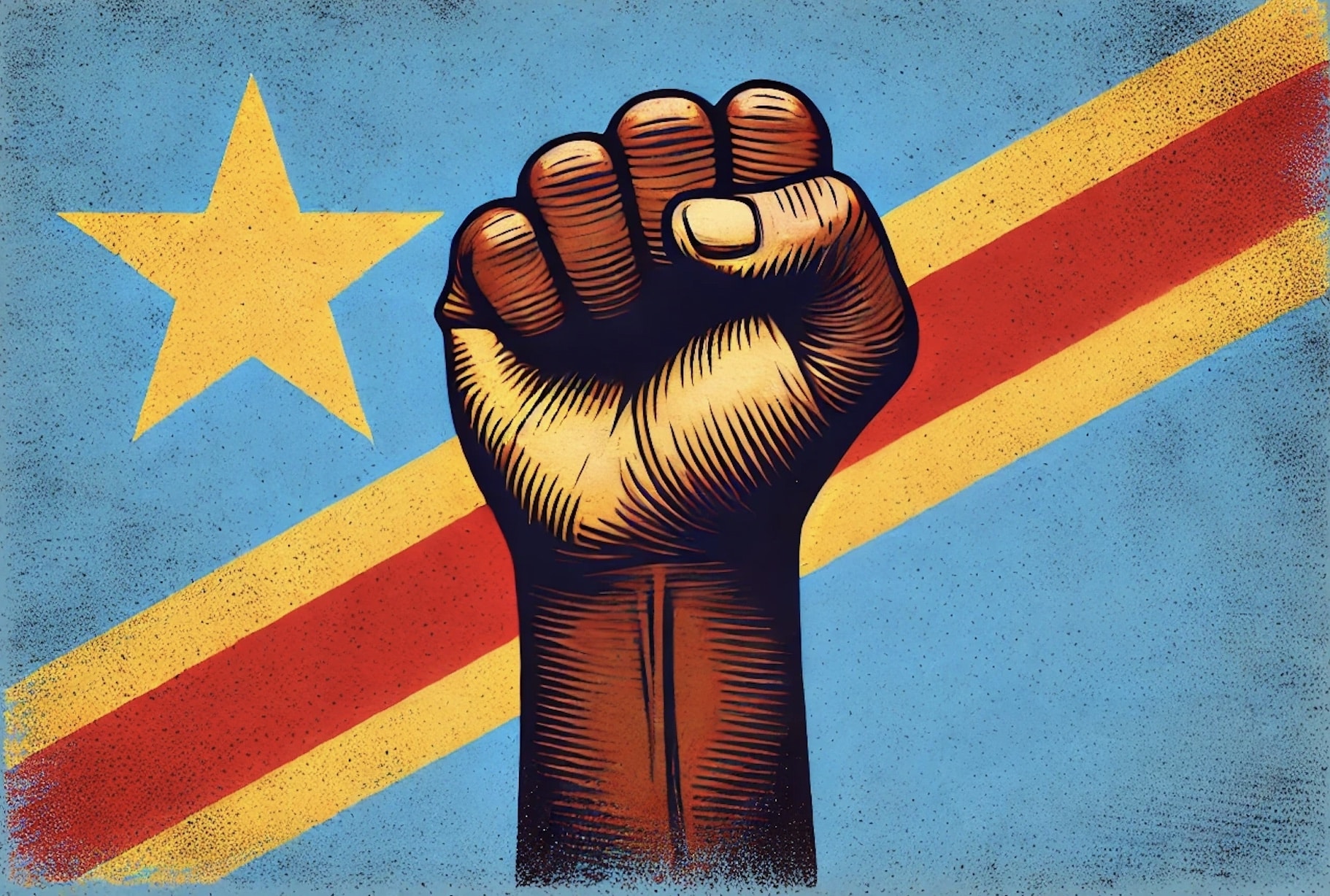This Monday, the people of Sudan were once again confronted with a coup d’état. Sudanese military officials arrested the prime minister Abdalla Hamdok and have dissolved the transitional civilian government, citing political infighting and instability as the reason. As a result, tens of thousands of people have taken to the streets in support of civilian rule. How did we end up back here?
In April of 2019, Omar al-Bashir, who had been ruthlessly ruling Sudan since a coup d’état in 1989, was overthrown in another coup d’état. This coup was part of the Sudanese Revolution, that started with street protests throughout Sudan in December 2018 and continued until September 2019. This revolution was a call for the removal of al-Bashir and the installation of a democratically elected new government. These calls seemed to be heard when al-Bashir was ousted in the April 2019 coup, and the Transitional Military Council (TNC) agreed to a 39-month transition period to return to democracy. However, since then, the situation has been far from peaceful. The military and civilian leaders remained at odds on how to revive Sudan’s economy after al-Bashir’s rule, and the last few months have seen at least two prevented coup attempts by dissatisfied parts of the military. Unfortunately, this current coup d’état reveals that a democratic and civil government is a very unlikely reality.
Impact of Covid-19
Like other countries with very big informal sectors, Sudan was hit very hard by the Covid-19 pandemic, especially by the measures to keep the virus at bay. Almost half of all households in Sudan reported being worried about food security. Many people lost their income from informal jobs, and there were no aid programs from the government to assist these households that lost their biggest source of income. In addition, food prices spiked and scarcity increased, adding to an already extremely problematic situation.
Against this bleak socio-economic backdrop, some Sudanese people lost confidence in the interim government, and last week, thousands of Sudanese walked the streets in Khartoum, asking the military for a coup d’état, in hopes of changing the situation. Monday, the military honoured these wishes, and removed Prime Minister Hamdok from office and placed him under house arrest. However, the Ministry of Information, still in support of Hamdok, issued a message asking for peaceful protest in order to defend the 2019 revolution. This message seems to be widely heard by the general population, as there are reports of massive protests in the streets of Khartoum. Although people might be disillusioned by the current social and economic situation, they seem to agree that diverting back to another coup d’état will not be the solution.
Precarious balance between democracy and authoritarian regime
These are stressful times for Sudanese people, and the precarious balance in Sudan between democracy and authoritarian regime needs to be preserved in favour of democracy. However, only time will tell whether this coup will follow the other failed coup attempts since the dismissal of al-Bashir, or whether the military will once again abuse its power to govern without a mandate by the Sudanese people.





